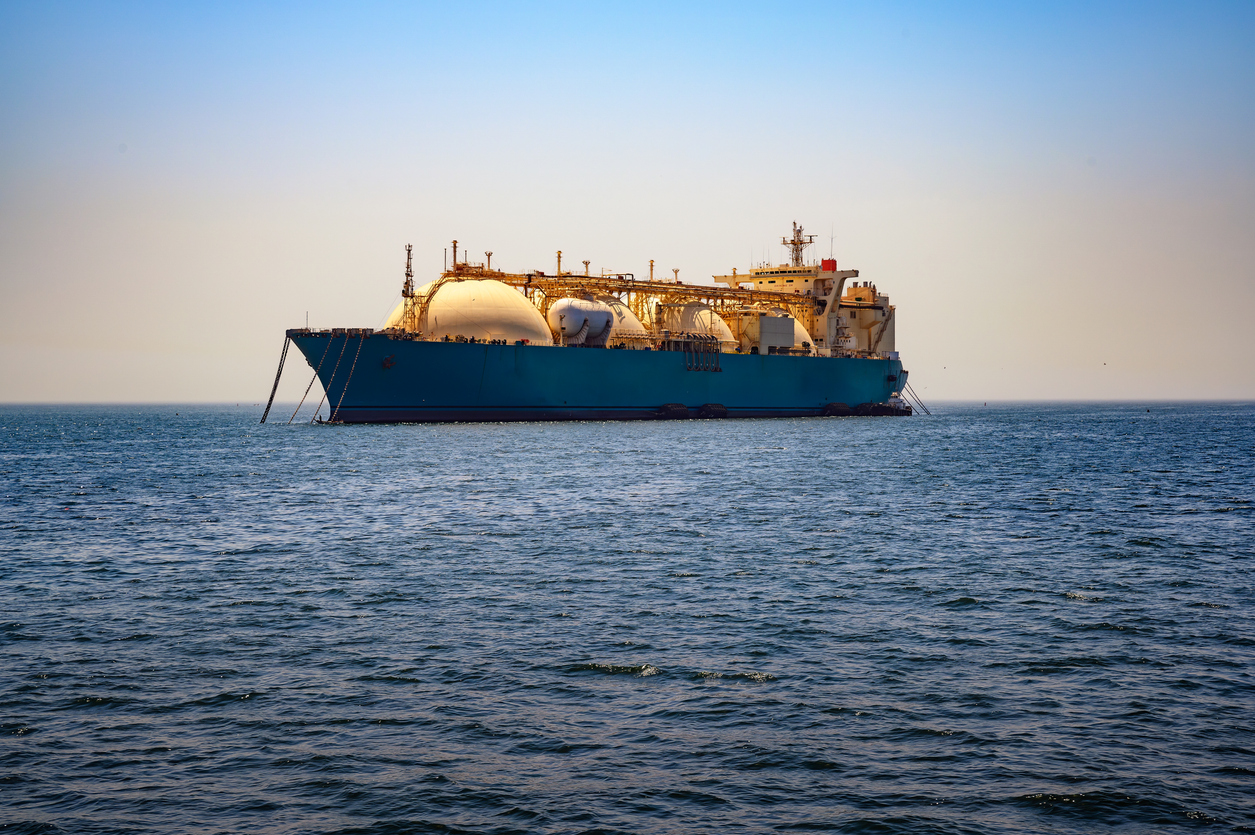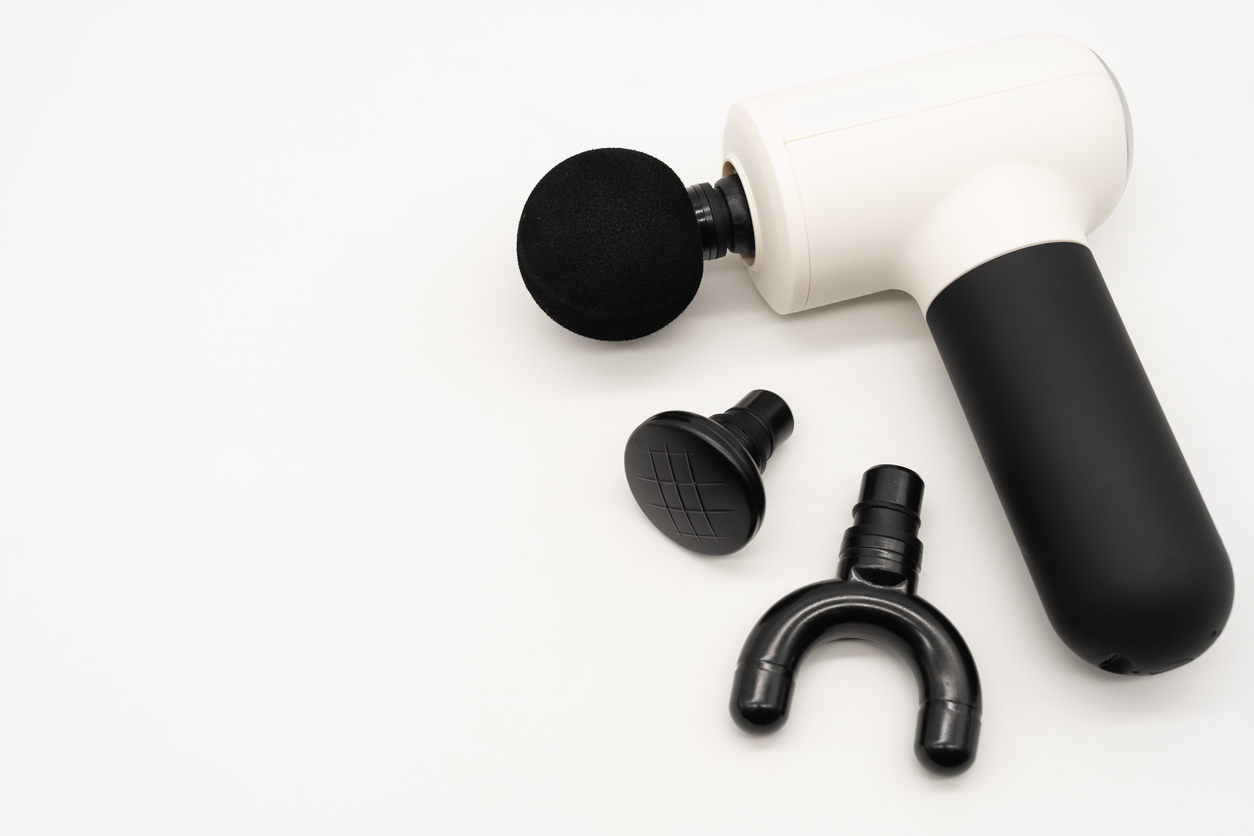What Does COA Mean in Shipping in Nigeria?
In the shipping industry, the acronym COA stands for Contract of Affreightment. This is a specific type of agreement between a shipowner and a charterer to transport a set quantity of goods over a defined period, typically using multiple voyages. In Nigeria, COAs are commonly used in sectors like oil and gas, bulk commodities, and agricultural exports, where large quantities of cargo require regular shipping.
This article delves into the meaning of COA in shipping, its applications in Nigeria, and how it benefits businesses in the country.
What is a Contract of Affreightment (COA)?
A Contract of Affreightment (COA) is a legal agreement in which the shipowner agrees to provide shipping services for a specified quantity of cargo, over a fixed period or number of shipments. Unlike traditional voyage charters, where a single voyage is contracted, COAs involve multiple shipments, offering more flexibility and cost-efficiency.
Key Features of a COA:
- Cargo Type and Volume: Specifies the type and total volume of cargo to be transported.
- Timeframe: Covers multiple shipments within a set timeframe.
- Flexibility: Allows the charterer to determine shipment dates and volumes, subject to agreed terms.
- Vessels: May involve a single vessel or multiple vessels, depending on cargo requirements.
Applications of COA in Nigeria
1. Oil and Gas
In Nigeria, COAs are widely used for transporting crude oil, refined petroleum products, and liquefied natural gas (LNG). Oil companies and traders rely on these contracts for consistent shipping schedules.
2. Bulk Commodities
COAs are essential for businesses exporting or importing bulk commodities such as cement, fertilizer, grains, and coal. These industries benefit from the cost savings and reliability of scheduled shipments.
3. Agricultural Exports
Nigeria’s agricultural sector, which exports products like cocoa, cashews, and palm oil, uses COAs to ensure steady transport to international markets.
4. Industrial Goods
For industries requiring regular imports of raw materials or machinery, COAs provide predictable shipping arrangements.
Advantages of COA in Shipping
1. Cost Efficiency
COAs often result in lower freight costs compared to individual voyage charters, as shipowners offer discounts for long-term commitments.
2. Predictability
The agreement ensures cargo space availability over the contract period, reducing uncertainty in supply chains.
3. Flexibility
Charterers can adjust shipment schedules within the contract terms, accommodating changes in production or demand.
4. Risk Mitigation
A COA protects against market fluctuations in freight rates, offering financial stability for both parties.
Challenges of COA in Nigeria
1. Port Congestion
Frequent delays at major Nigerian ports like Apapa and Tin Can Island can disrupt shipping schedules under a COA.
2. Regulatory Hurdles
Navigating Nigeria’s trade regulations and customs processes can complicate the execution of COA terms.
3. Maritime Security
Piracy in the Gulf of Guinea poses risks to cargo and vessels, necessitating robust security measures.
4. Contract Management
Disputes over scheduling, cargo quality, or delays can arise, requiring clear terms and effective management.
How Wigmore Trading Supports COA Shipping in Nigeria
Wigmore Trading provides end-to-end solutions for businesses utilizing Contracts of Affreightment in Nigeria. Here’s how we can assist:
1. Contract Expertise
We help businesses negotiate and manage COAs, ensuring favorable terms that align with their shipping needs.
2. Logistics Coordination
Our team handles cargo planning, scheduling, and documentation to ensure compliance and efficiency.
3. Security Solutions
We work with maritime security partners to mitigate risks during voyages in high-risk areas like the Gulf of Guinea.
4. Port and Customs Management
From customs clearance to port operations, we streamline processes to minimize delays and disruptions.
Conclusion
The Contract of Affreightment (COA) is a powerful tool for businesses in Nigeria’s shipping sector, offering flexibility, cost savings, and predictable logistics for large-scale cargo transport. While challenges such as port congestion and regulatory complexities exist, effective management and expert support can ensure smooth execution of COA agreements.
For businesses seeking reliable shipping solutions under COAs, Wigmore Trading offers tailored services to meet your needs. Contact us today to learn how we can optimize your shipping operations in Nigeria.








Comments are closed.